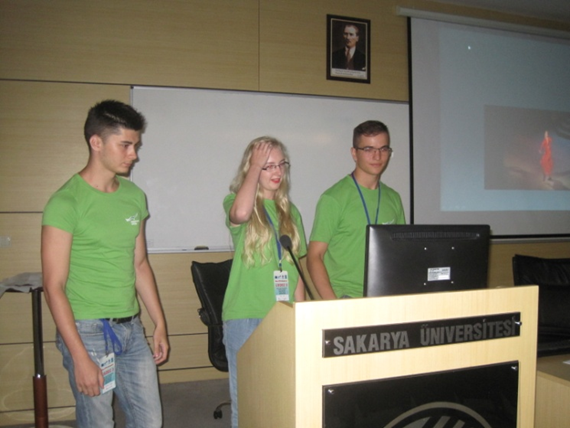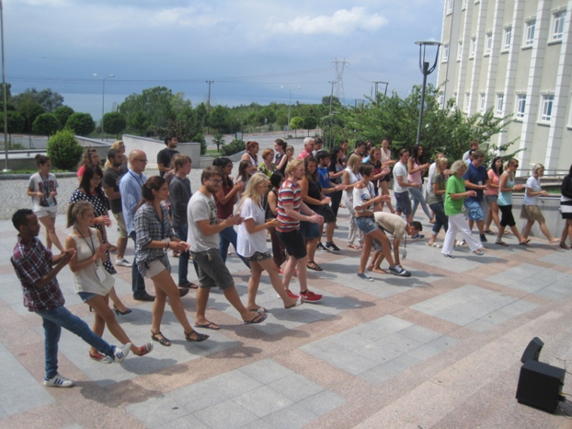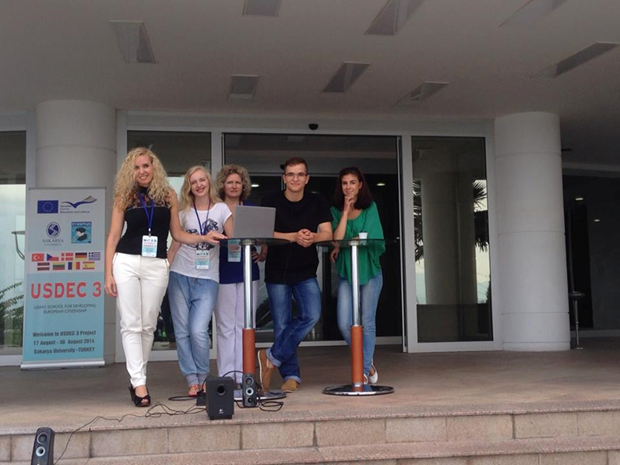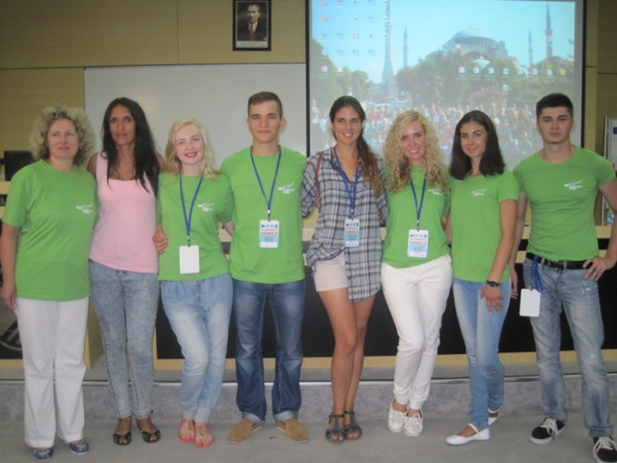The Thursday morning begins with a lecture which focuses on the issue of the Czech Republic in the context of the European Union, as the country has now been celebrating its tenth anniversary in the EU.
The topics discussed include the Czech culture, opinions and history and these are tackled on the background of pluralities: the plurality of cultures in Europe, plurality of opinions and plurality of approaches. Therefore, the lecture uses a number of techniques which aim to train the students in achieving consensus, in discussion and in understanding.
The final aim of the lecture is to explain that we do not want to make others think like Europeans, but rather to help them think as such.
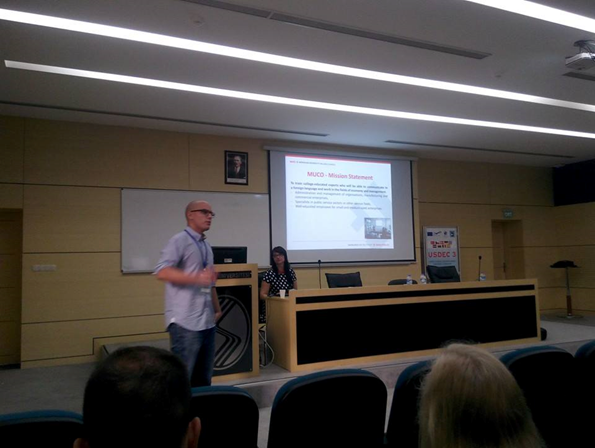
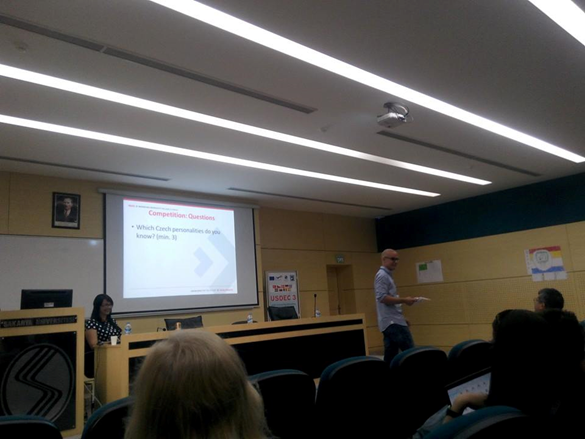
Later on the the lecture from Lithuani was conducted.The lecture‘ s topic was ‘Education Promoting Active Citizenship within the EU’ The following information was given throught the lecture.Civic development has three dimensions that are important to cultivate in order to educate young people for citizenship. The first dimension—knowledge—comprises the facts and ideas of democracy, citizenship, government, and global concerns that students need to know to be informed participants in civic life. The second dimension—skills—includes the ability to navigate the rules and processes of citizenship and governance in our society. The third dimension—values—includes the democratic ideals and commitment to those ideals that motivate civic commitment. Schools should take a broad view of citizenship education and prepare their students to acquire constructive civic skills and values as well as necessary civic knowledge. A complete civic education is one that produces graduates who understand the political systems of the EU, who feel a commitment to its national ideals, but who also respect and feel connected to people living in other societies around the world. Young people in Lithuania are sufficiently motivated to become engaged in civic and political activities. Students find inspiration in civic values, they gain a sense that they are able to engage effectively in civic and political domains. It should be noted that Lithuanian schools devote sufficient time and effort to civic education according to the survey presented in the lecture. The Project „Mission Siberia“, the National Anthem sung around the world on the statehood day, and the activities of Lithuanian Riflemen‘s Union prove that the youth in Lithuania is engaged in civic affairs.
